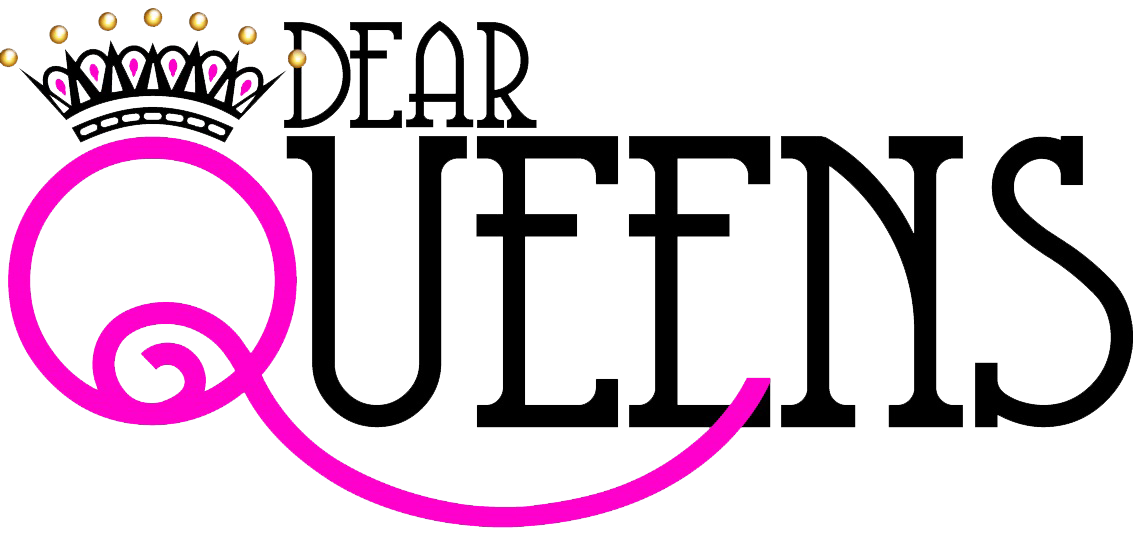Liberation Through Representation: What Black Panther Weekend Meant For Me
I walked into the theatre with a dashiki pulled from my father’s closet. A matching kufi kofi cap adorned my head like a crown. I didn’t care what anyone thought of my Black Panther getup. I didn’t care what they questioned about my ethnicity or Afro-centricity. For once, I was unapologetically Black.
I, like many other black women, have grappled with the reality of desiring to be unapologetically black, but toning it down for the sake of not making others uncomfortable and not making ourselves a target. We embrace our true selves on the weekend — when we can control our surroundings, and are possibly among like-minds and equally as proud black friends — but come Monday when it’s time for work, we’re back to the whitewashed ideas of professionalism. Tying our hair down to hide the locks we just embraced on Saturday and Sunday. Silencing our strong-willed personalities to appear less intimidating to our colleagues and society at large. Ignoring our lingo to appear educated and well-rounded — as if the words we use dictate our knowledge and ability to produce at work.
Many of us suppress our true black selves to be validated by those who will never understand us. Many of us say the words unashamed and unapologetic, but don’t truly feel it. We say it with hopes of living it one day, but haven’t truly conquered that feat. We wear natural hair (or relaxers, or lace fronts, or sew-ins) and bamboo earrings, flaunt our melanin-rich skin tone and wear “black girl magic” tees, but constantly wonder what our white (and even black) counterparts will think of us. We wonder how we’ll be received and if we’ll seem “too woke”. Too aggressive. Too strong. We work on timidity and toning down the truth as to not offend those uncomfortable with our blackness.
These behaviors start in childhood and develop well into adulthood if not recognized. Our identities constantly monitored to not draw attention to ourselves and to not appear to be the problematic black folk…the ‘bad kids’…the ‘ghetto ones’.
Today, I let that bondage go.
Because the stereotypical views of blackness says more about those passing judgment than it does the people they’re judging.
Today, I didn’t care.
I refused to tone down my blackness, and the very present reality of black excellence to appease those around me.
I walked into my suburban theatre, in a white neighborhood, with a full-length dashiki and a matching cap. I walked past the white concession stand workers and the crowd of Latin teens playing in the arcade. I entered the theatre and took my seat proudly. I reclined the chair, pulled out the Chic-Fil-A I smuggled in, and situated myself accordingly. Ready. Excited.
Today, amidst the black excellence I was getting ready to witness on the big screen, I embraced my own black excellence. I embraced the black excellence of my bloodline — both African and Caribbean ancestry. Not just by wearing a dashiki — I’d be foolish to think that my borrowed wardrobe confirmed my blackness or enhanced my feelings of identity — but by being liberated enough to do just that; to step out of my comfort zone to portray a huge piece of who I am: an unashamed black woman. An unapologetic black Queen.
That’s the point of representation like this. That’s why it’s important for black people to see black excellence on the big screen, on the tv screen, in media, and in our neighborhoods. Because black excellence, in many ways, serves as a form of liberation that encourages us and inspires us to be truly proud of our heritage and our ancestry. Because seeing black people do great things negates all other images of blackness society tries to drown us with. Because being among other unapologetic black folk reminds us to be unapologetic about our blackness, too.
This weekend, I’ve seen images of black people liberating themselves and being unashamed to show up and show out for this movie. Black people, worldwide, delighting in representation and the beauty of their blackness. I hope this trend continues. I hope we liberate ourselves so much that we no longer reduce our blackness, but we embrace it. Not because we have to (who can’t see that we’re black?) but because we choose to. Because we are so grateful for the work of our ancestors and the greatness of our heritage that we finally find courage enough to delight in being black. I hope that we find comfort and joy in enlightening the ignorant minds around us. I hope that we learn about ourselves and our bloodline in ways that encourage us to feel better about our black existence in this world — refuting the lies told to us in grade school and finding the truth. And I hope that, amidst this new (yet long overdue) recognition and representation of black excellence, we begin to affirm the black excellence within ourselves.
I walked into the theatre with a dashiki and a matching kufi kofi cap. This black girl from the suburbs strutted into the theatre in African regalia to represent a movie that would display the brilliance of blackness. I walked into that theatre not worrying for one moment what other moviegoers would think, say, or do. Today, I was celebrating the beauty of my black skin.
Feeling both liberated and unashamed, I decided that I would never apologize for my black mannerisms, my black lingo, my black 4C hair, my African American & Caribbean American heritage, or my black excellence, ever again.

